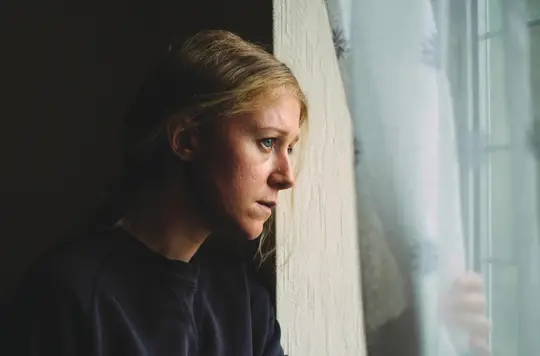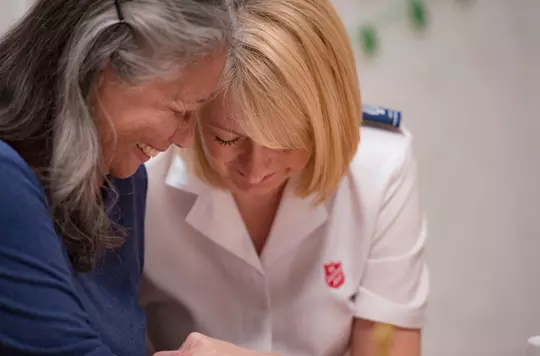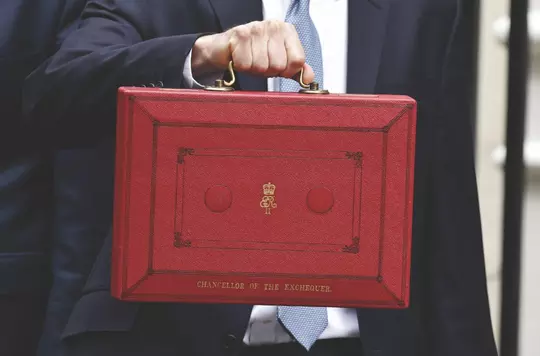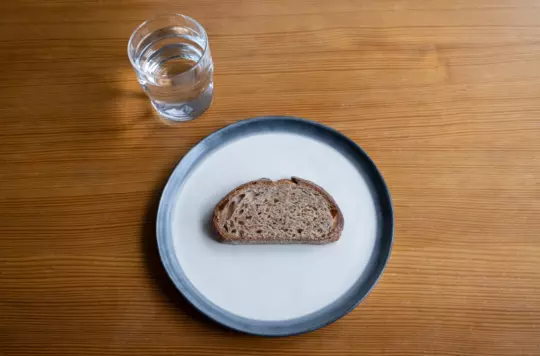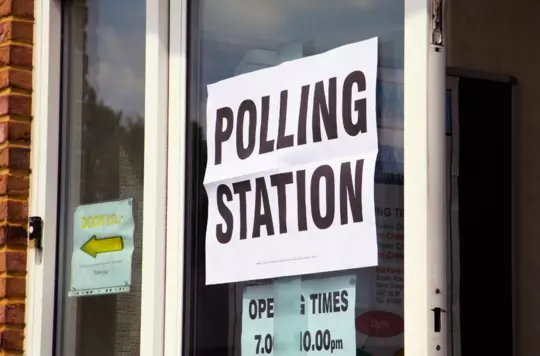4 April 2025
Spring Statement 2025: Missed opportunities
Chris Hartley

Public Affairs Officer Chris Hartley outlines why The Salvation Army is calling for the government to go further in supporting the most vulnerable.
Supporting economic growth that benefits working people is a key mission of the Labour government. While announcements about GDP – the total market value of goods and services produced over a given period – and international trade may capture political attention, the real question for most people is: how will this affect the pound in my pocket?
This question is even more pressing for those struggling to afford essentials, such as food, rent or utilities. The UK’s poorest households already pay a disproportionate share of their income on basic needs — a burden often referred to as the ‘poverty premium’. They also rely more heavily on public services, which are frequently the target of government savings or cuts.
The UK government estimates that 7.9 million families with children – nearly 28 per cent of UK families with children – are living in poverty. These are the families The Salvation Army helps to feed, clothe and support when government assistance falls short.
The Spring Statement 2025 was an opportunity to introduce measures to lift families out of poverty. Instead, many of these families appear to be paying the price for balancing the UK’s budget. The Department for Work and Pensions estimates that, by the end of this decade, 3.2 million families with children will be financially worse off because of these reforms.
Twice a year, the chancellor of the exchequer – currently Rachel Reeves MP – presents the government’s economic plans and forecasts. The primary fiscal event is the Autumn Budget, where major decisions on taxation, benefits and public spending are announced, shaping everything from personal incomes to national services.
The Salvation Army welcomed some measures from the chancellor’s first budget in October 2024, such as the increase in value of benefits to working-age people. However, policies such as the two-child benefit limit and the freeze on local housing allowance continue to trap families in poverty, with the most recent government figures estimating that 4.5 million children are living below the poverty line.
In this month’s Spring Statement, reforms to Personal Independence Payment (PIP) and health-related benefits were introduced. While the Army recognises the need to manage benefit costs, these changes risk pushing vulnerable people further into hardship.
Unemployment in the UK has risen by 0.5 per cent since 2023, while job vacancies have fallen by 11 per cent compared to a year ago. Without a clear strategy to create well-paid jobs and support people to become job-ready, reducing or removing benefits like PIP will force people with disabilities and long-term health conditions to stretch their already limited resources.
James 2:15 and 16 reminds us: ‘Suppose a brother or a sister is without clothes and daily food. If one of you says to them, “Go in peace; keep warm and well fed,” but does nothing about their physical needs, what good is it?’
Since its founding, The Salvation Army has walked alongside and supported the most disadvantaged people in society. William Booth understood that preaching to someone with an empty stomach and cold feet was not enough. In Darkest England and the Way Out outlined his vision of a future where gainful employment nourished both body and spirit.
Today, the Army carries on that mission through its Employment Plus service, helping marginalised individuals not only to find work but also to prepare for it.
The government cannot simply push people into employment if there are not enough jobs for them or if they are not yet ready to work. That’s why The Salvation Army is calling on the government to provide real, meaningful support to help people enter the workforce and escape poverty.
We must not forget that, because of health conditions, disabilities or caring responsibilities, some people cannot work. They deserve to be treated compassionately, and any benefits should at a minimum cover the cost of everyday essentials.
Written by

Chris Hartley
Public Affairs Officer, Public Affairs Unit


